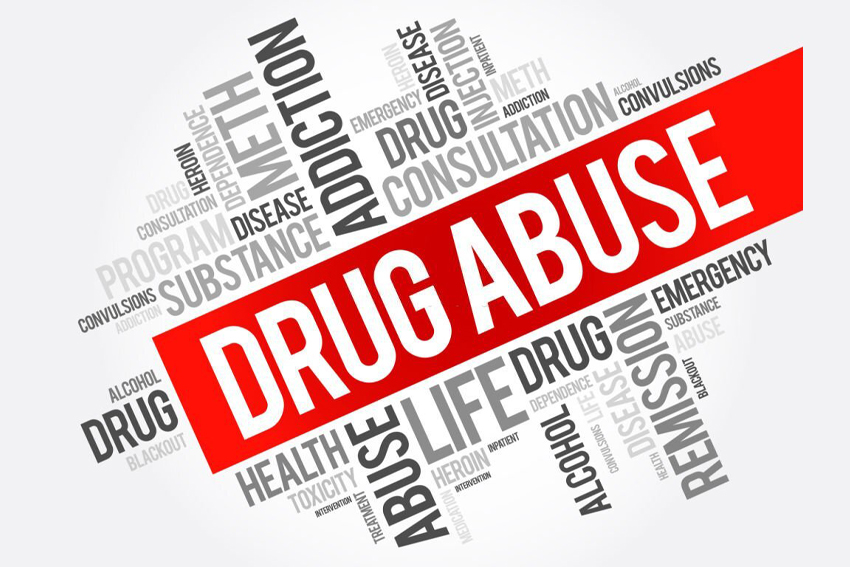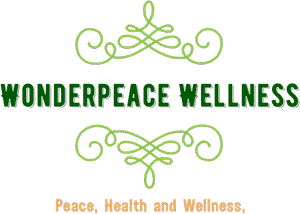Definition and Overview
Detox is the process of getting all addictive substances out of your body. This could mean going “cold turkey,” where you stop using altogether. If you or a loved one is struggling with addiction, don’t wait.
Everyone has a different experience with detox. The type of drug and how long it was used affect what detox will be like.
Medications used in detox help keep former users comfortable while the drugs leave their body.
What is a Detox Center?
Many seek the help of professional detox programs prior to or at the start of longer-term substance use treatment programs. Detox centers are a good option for those with significant physical dependence in association with various substance use disorders (SUDs) and/or alcohol use disorder (AUD).
When a person with substance use disorder stops drinking or using certain drugs, they may experience unpleasant or even dangerous withdrawal symptoms. Drug and alcohol detox center professionals can help ease these symptoms and get patients through detoxification as safely and comfortably as possible to minimize the risk of relapse and facilitate the transition into ongoing addiction treatment.
Because withdrawal symptoms may be uncomfortable, severe, and sometimes even life-threatening, it is not recommended that those attempting to quit drugs or alcohol do so alone.
While addiction is treatable, no single treatment works for everyone.
In some instances of substance dependence, people may be able to detox by meeting with their physician regularly to slowly taper their dose over time in order to avoid markedly unpleasant withdrawal symptoms, as a tapering strategy allows the patient’s system the time to adjust to decreasing doses of the drug. However, as is often the case with more severe addictions, patients may need to attend a more structured detox facility for full monitoring and care.
Medically supervised detox provides patients with medical monitoring and care throughout the detox process. In some cases, severe withdrawal may necessitate emergency treatment or a brief stay in a hospital prior to moving on with addiction treatment. Each treatment plan should be continually assessed and revised to meet the patient’s changing needs.

Types of Alcohol and Drug Detox Treatment
There are several different types of alcohol and drug detox programs available and people should consult with a health professional or otherwise conduct considerable research to determine which program is the most appropriate option for their unique needs.
Because withdrawal symptoms may be uncomfortable, severe, and sometimes even life-threatening, and because people may not know the risk of a complicated withdrawal, it is often not advisable that those attempting to quit drugs or alcohol do so alone.
Withdrawal symptoms vary in duration and intensity based on the substance(s) used, the duration and amount of use, and the user’s overall health. The acute withdrawal syndromes associated with some substances (e.g., alcohol, opioids, and sedatives) may be significantly severe, while others (e.g., marijuana and stimulants) mainly consist of emotional and mental withdrawal symptoms.
Inpatient and Outpatient Detox Programs
There are different types of detox rehabilitation programs. The specific types of substances having been abused as well as the spectrum of withdrawal symptoms experienced by the patient will influence which type of detox is appropriate. Some choices include:
Inpatient Detox Programs
Inpatient detox protocols may be somewhat similar to those found in an outpatient setting, but care takes place with the additional supervision afforded by the inpatient environment. In contrast to their outpatient counterparts, inpatient facilities have patients reside at the treatment center rather than going home in the evenings.
One of the main advantages to this type of treatment program is that patients are removed from the temptations and old habits of prior drug and alcohol use. This can help decrease the likelihood of relapse prior to treatment completion. Another benefit is the enhanced access to medical services, should they be needed. Those at risk of severe and/or dangerous withdrawal symptoms and drug cravings may benefit most from a drug and alcohol inpatient detox center.


Outpatient Detox Programs
Some outpatient programs provide detox treatment services at a medical facility during the day and allow patients to return home each night. Outpatient detox may be most suitable for people with relatively recent or less severe addictions, those with good support systems at home, and individuals with no other complicating medical or psychological issues.
Outpatient treatment may be most useful for those patients with little risk of experiencing severe withdrawal so they will not need intensive 24-hour care. Additional advantages may include great social support outside of treatment by maintaining contact with friends and family; maintaining employment, school, or other personal and professional duties; and more flexibility during treatment.

